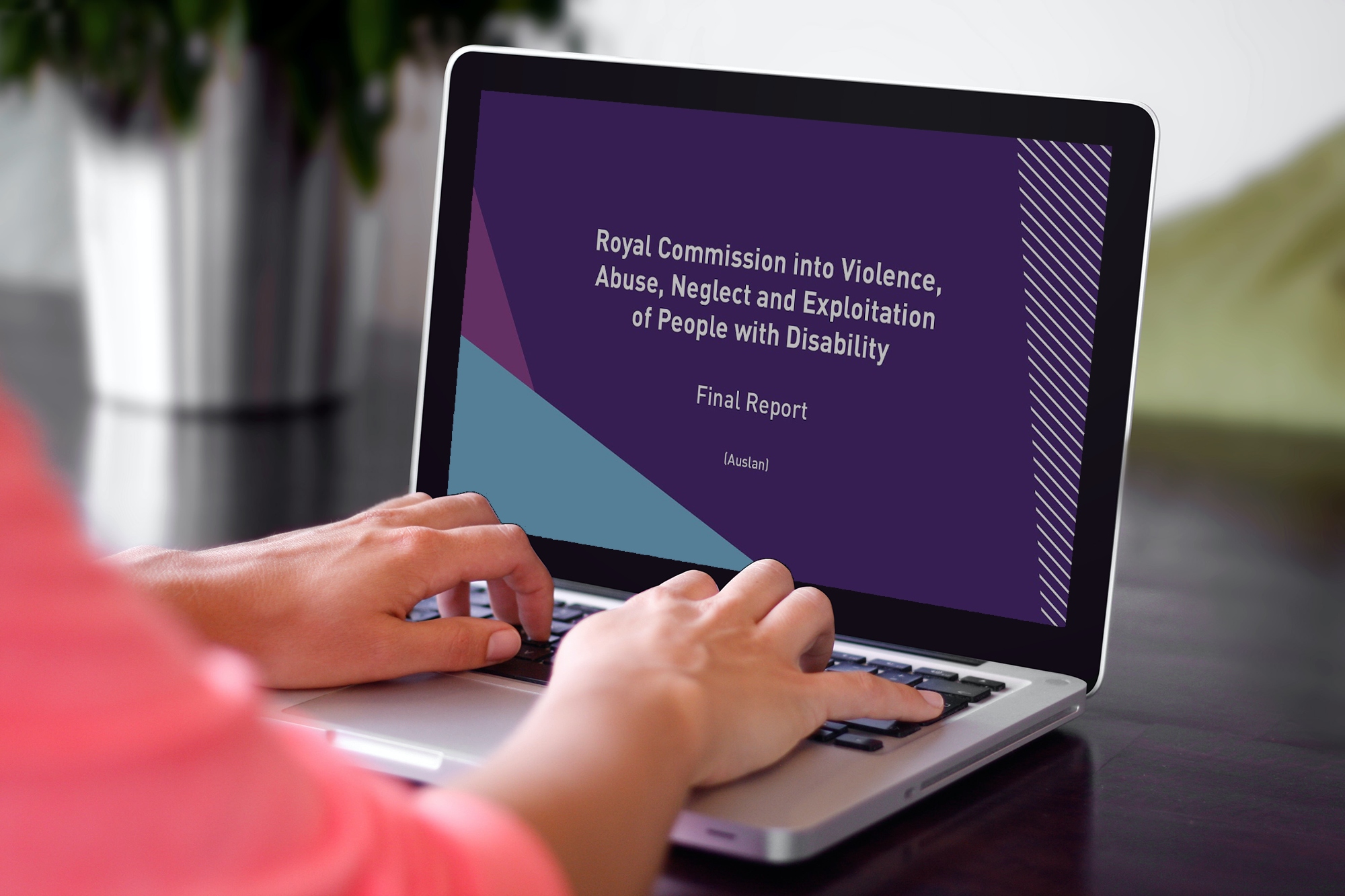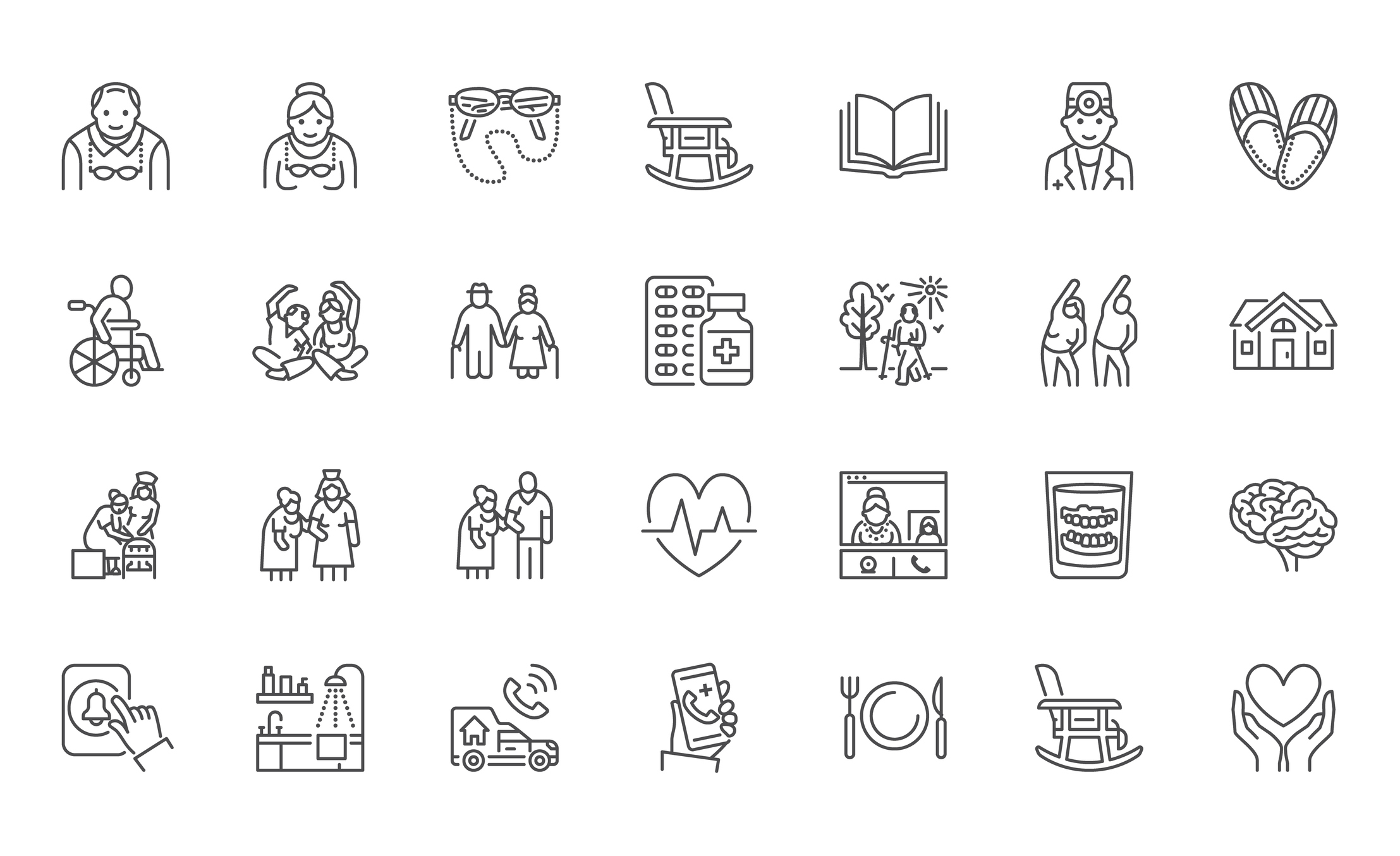The Department of Health has recently outlined five essential processes for Residential Aged Care facilities to implement in the face of a COVID-19 outbreak. Below you will find a summary of those actions, as well as some additional guidance to help you implement the recommendations.
Prepare an Outbreak Management Plan
Preparing and communicating an outbreak management plan is a fundamental step in COVID-19 preparedness. It will help staff to identify, respond to and manage an outbreak, and reduce the risks to consumer and staff safety and wellbeing. At a minimum, facilities must delegate responsibility for outbreak plan development to an appropriate staff member.
We have recently developed a Respiratory Outbreak management plan self-assessment in SPP. Based on guidance released by the Aged Care Quality and Safety Commission, the self-assessment guides providers through the necessary steps they should take in preparing for a COVID-19 outbreak, with linked resources to assist.
Staff, client and family education
Residential aged care providers should understand that respiratory outbreak management goes beyond the facility itself. Providers should inform staff and residents, along with their families, of the importance of hand hygiene, cough etiquette and restrictions on visitation. Staff must understand and follow the necessary practices, and be supported to exclude themselves from work if they are experiencing any symptoms related to a respiratory illness.
Our Infection Prevention and Control Policy template is a very informative and up-to-date resource that providers will find useful in approaching community education in the face of an outbreak. It will inform a provider’s processes for communicating with clients and their families, as well providing guidance on proper hygiene practices.
Workforce management and contingency planning
Facilities should ensure that they have a staffing contingency plan in place, which they could implement in the case of a respiratory outbreak that would force staff to quarantine for a long period of time. Contingency planning involves identifying key roles and substitutes for those key roles, identifying and mitigating other key operational risks, maintaining contact lists for casual staff, and ensuring access to external nursing agencies to ensure a timely response to an outbreak.
We have a number of resources to help providers undertake their contingency planning processes. The resources, available in SPP, include a Business Continuity policy, a Business Impact Analysis template, and a Risk Register and Management Plan template.
Staff Education and Training
Facilities have a responsibility to ensure that their staff are adequately trained to understand the various aspects of respiratory outbreak management. This includes:
- Identification: staff should be aware of, and be able to identify, the symptoms of a respiratory illness;
- Response: staff should be made aware of the provider’s respiratory outbreak management plan, including whom to inform if a case is suspected; and
- Management: staff must comply with proper infection control hygiene practices.
Our Infection Control and Prevention policy template contains up-to-date information about staff training, including staff hygiene practices. Additionally, SPP’s new Respiratory Outbreak Preparedness self-assessment contains links to external training modules which staff can complete online.
Consumable stocks
Facilities must ensure that they have adequate stock levels of consumable items which may be required during an outbreak. This includes:
- Personal protective equipment;
- Hygiene products;
- Diagnostic materials (nose and throat swabs); and
- Cleaning supplies.
SPP’s Respiratory Outbreak Preparedness Self-assessment contains links to government websites that will help providers acquire additional stock, if needed.
Further reading
For further guidance in safely allowing visitation, see the Commission’s guidance for a list of suggestions and examples.
For more information regarding the processes which providers should implement, the national guidelines for the prevention, control and public health management of COVID-19 in residential facilities is an exhaustive resource developed by the Communicable Diseases Network Australia (CDNA).
Want to see more?
To see all of COVID-19 resources sign up for SPP!


